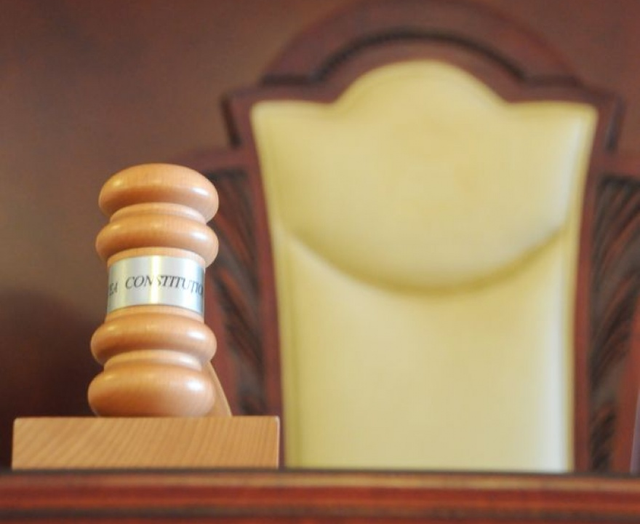The Constitutional Court and Changes to the Romanian Constitution
Enforced in 2003, Romania’s Constitution might soon be revised. The proposals to revise the fundamental law have been analysed by the Constitutional court, which deemed some articles as unconstitutional. A referendum for the revision of the constitution is scheduled for late May, concurrently with the EP elections.

Corina Cristea, 17.02.2014, 16:44
Enforced in 2003, Romania’s Constitution might soon be revised. The proposals to revise the fundamental law have been analysed by the Constitutional court, which deemed some articles as unconstitutional. A referendum for the revision of the constitution is scheduled for late May, concurrently with the EP elections.
For three days, the judges of the Constitutional Court analysed in Bucharest the project meant to revise the fundamental law, deeming 26 articles as unconstitutional. According to the law, Parliament should reanalyse the project, taking into consideration the recommendations made by the Constitutional court. The vice-president of the parliamentary committee for the revision of the constitution, Ioan Chelaru, has said in an interview on Radio Romania:
“We will analyse all texts that have been declared unconstitutional and, according to the law, we will replace them, so that they meet the Court’s requirements. After we receive the motivation, we might improve some of them, but we don’t know yet. Meanwhile, we will receive, most likely in mid March, the report issued by the Venice Commission, and the amended projects. It is mandatory for us to debate them in plenary Parliament session, at the request of the Romanian Constitutional Court and at the suggestions made by the Venice Commission.”
Some of the most important provisions of the revised Constitution, which is considered unconstitutional, refers to the way in which the Prime Minister is designated. According to it, the president should only take note of the proposal made by the parliamentary majority. According to the assessment made by the Constitutional Court, another article considered unconstitutional is that referring to the termination of a deputy’s or senator’s term in office, when he resigns from the party on whose lists it ran when he won the elections. The court has also termed as unconstitutional a provision according to which the Prosecutor’s Office with the High Court of Cassation and Justice no longer has competences with regard to starting the prosecution of an MP. Its president, Augustin Zegrean, has expressed hope that Parliament will take into consideration all these recommendations:
”We will analyse the law again, after it is debated by Parliament, to see whether the Court’s decision is observed or not. As for the rest, it is their decision to take or not into consideration the recommendations that have been made.” However, Zegrean has warned that, if the Committee for the revision of the Constitution, where to the draft Constitution should return, does not take into consideration the recommendations made by the Constitutional Court, the resulting text of the constitution might contain flaws and uncorrelated texts. Once adopted by Parliament, the project to revise the fundamental law returns onto the table of the Court judges, who should issue their opinion within five days. The revision of the constitution is final after its approval under referendum.






























